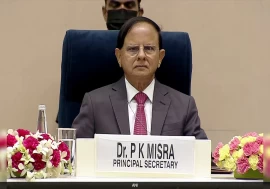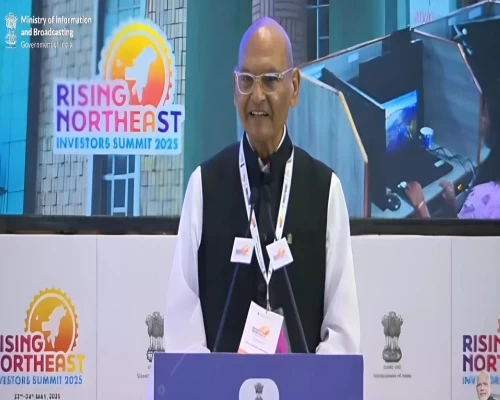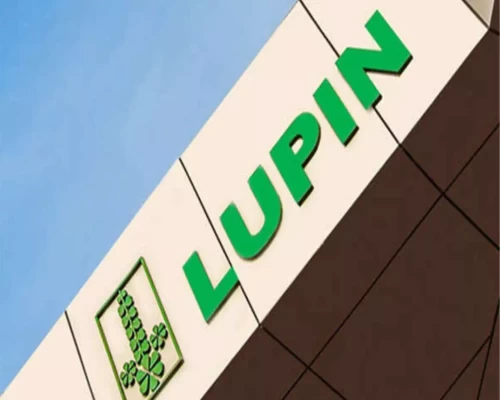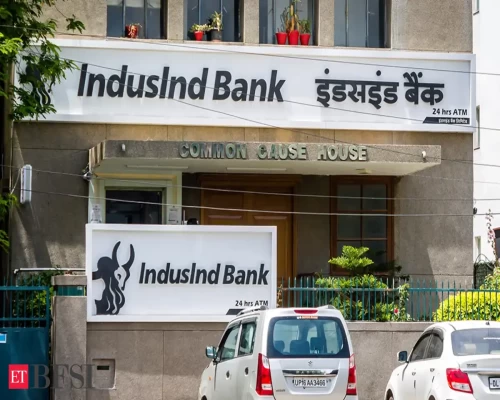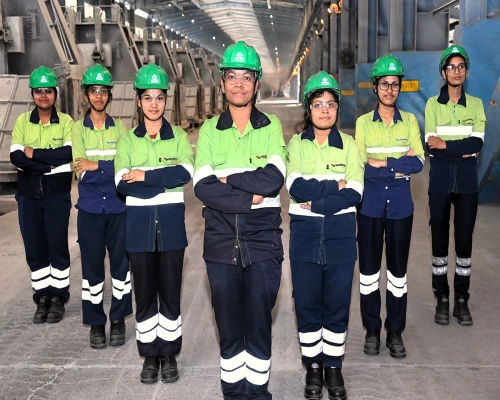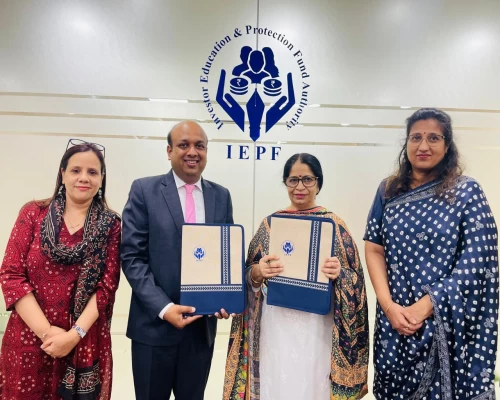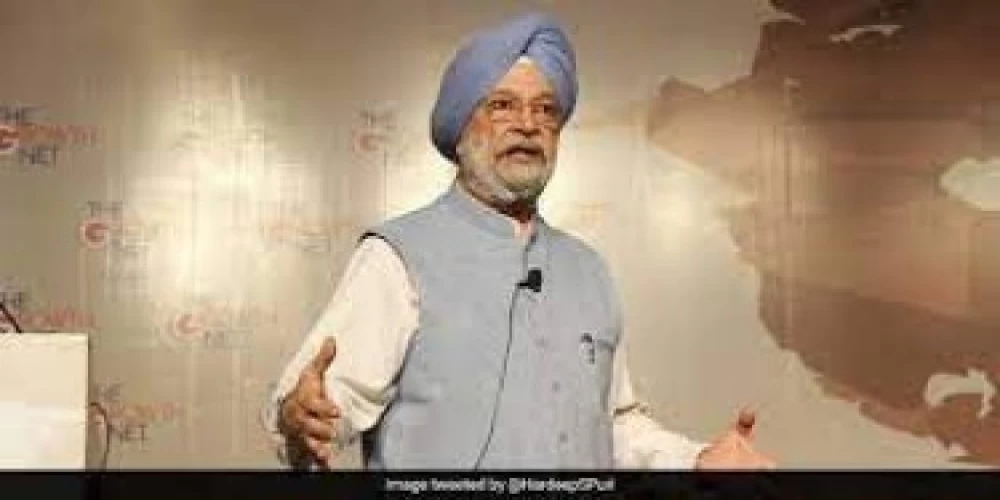
New Delhi: Union Minister of Housing and Urban Affairs, and Petroleum and Natural Gas Hardeep Singh Puri has said that India has witnessed a transformative change in sanitation since 2014. “Under the leadership of Prime Minister Narendra Modi, cleanliness has become a foundational tenet in not just every government scheme but also in the way of citizens’ lives,” he added.
Addressing the 6th edition of ‘ISC-FICCI Sanitation Awards and India Sanitation Conclave’ here recently, Puri said that the Swachh Bharat Mission (SBM)-Urban was the first large scale program to include the principle of ‘Jan Bhagidari’ thereby transforming a government scheme into a national ‘Jan Andolan.’
“Over 96 per cent of the wards have attained a 100 per cent door-to-door collection of solid waste and over 88 per cent of the wards have also achieved 100 per cent source segregation of waste. Soon, we will not just reach the target of 100 per cent solid waste management but also manage legacy waste in our urban areas. It means, our next target is to make our cities and towns garbage free in the Swachh Bharat Mission Urban 2.0,” added Puri.
The Minister stated that as we look forward to the next phase of urban India sanitation journey, it is important to highlight the role that industry will play in facilitating an inclusive and sustainable sanitation eco-system. “In the past few years, private sector participation has been one of the key drivers of innovations in waste management and the circular economy in the country,” he emphasized.
Puri also highlighted that it is imperative that the expertise and resources of the private sector are leveraged even more closely in the second phase of the Swachh Bharat Mission so that we can develop and implement scalable and efficient solutions for solid and liquid waste management.
Subhrakant Panda, President-Elect, FICCI, said that WASH is not only a necessity but its inter-linkages with other important aspects such as gender, livelihoods, education, climate, make it a prerequisite for creating resilient communities living in healthy environments. He further stated that the role of CSR investment in WASH is certainly vital in achieving the SDG-6.
“The role of the private sector in this will be to bring innovation, technology, and years of market experience to meet the sanitation challenges. We need to shift from anecdotal feedback we have on the business benefits of WASH interventions to a more robust evidence base to build stronger business cases,” he added.
Naina Lal Kidwai, Chair, India Sanitation Coalition at FICCI, said that the silver lining of COVID was that it brought the sanitation value chain to the forefront. “Safely managed sanitation is essential to protecting the health of individuals and communities,” she added.
Dr RA Mashelkar, National Research Professor and Chair, Awards Jury said that we must focus not just on inclusive growth but on an accelerated inclusive growth and innovation which will have a key role in achieving the desired result.
“The purpose of the purpose is the purpose,” said Ravi Bhatnagar, Director, External Affairs and Partnerships, Reckitt Benckiser while he announced the winner of Rashid Kidwai Innovation in Sanitation Awards. The event was moderated by Natasha Patel, Chief Executive Officer, India Sanitation Coalition. /BI/


